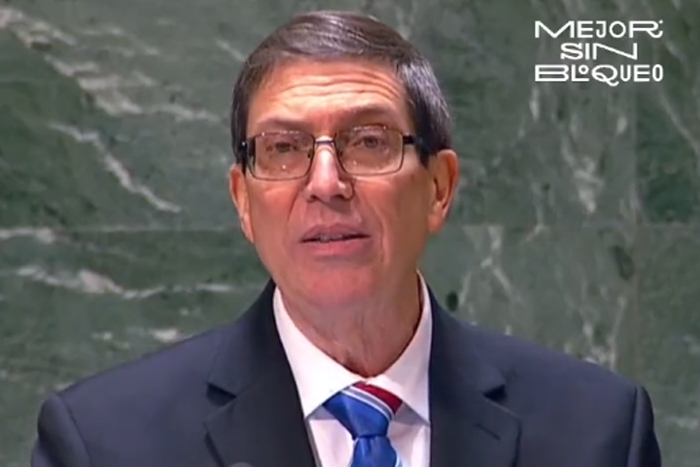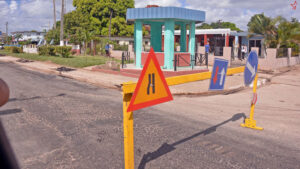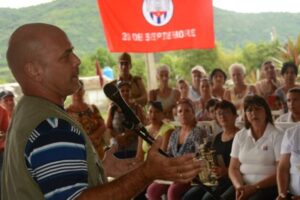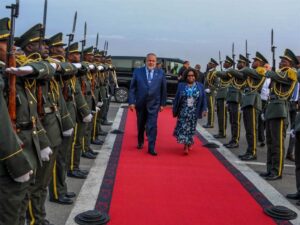Bruno Rodríguez Parrilla, Cuba’s foreign affairs minister, affirmed today that there is no valid and reasonable argument for the permanence of the Greater of the Antilles on the U.S. State Department’s unilateral list of countries that allegedly sponsor terrorism.
Through his account in X, the Cuban Foreign Minister described the action as inadmissible, particularly when it is exercised against a nation that is a victim of terrorism, and which still suffers the unpunished instigation of violence and terrorist acts promoted precisely by the United States.
Likewise, Rodríguez Parrilla stressed in his message Cuba’s permanent conduct of firm rejection and persecution of any form or manifestation of terrorism, which is recognized at a global level.
«There is not a single valid and reasonable argument for the permanence of #Cuba on the US State Department’s unilateral list of countries allegedly sponsoring terrorism.
Such action is inadmissible, particularly against a nation victim of terrorism, which even today suffers the unpunished instigation of violence and terrorist acts from U.S. territory, and whose conduct of firm rejection and persecution of any form or manifestation of terrorism is unimpeachable and recognized. #FueraDeLaLista #MejorSinBloqueo».
The State Sponsors of Terrorism List is a foreign policy mechanism that sanctions countries that the United States believes have provided support for acts of international terrorism.
Cuba was first included during the administration of President Ronald Reagan in 1982 and remained on it until 2015, due to President Obama’s decision to remove the island from the list, which represented an important step in efforts to forge a more constructive relationship with the Greater Antilles.
Cuba was redesignated as a state sponsor of terrorism on January 12, 2021, at the end of the Trump presidency, and the Biden administration has maintained that status.
Cuba’s inclusion on the list creates additional obstacles to humanitarian assistance at a time when the country is grappling with shortages of basic commodities and medical supplies that have been exacerbated by the lingering economic impact of the pandemic, tightening U.S. sanctions under the Trump administration, the decades-long blockade and a global spike in food prices.
As a result of the listing, banks, financial institutions, businesses, es, and investors are hesitant to engage with Cuba while limiting individuals from opening foreign bank accounts, using instruments for international collections and payments, as well as contracting online servers and services.
The designation also prevents U.S. educational institutions from conducting important research, and prohibits providing support to Cuban academics.




